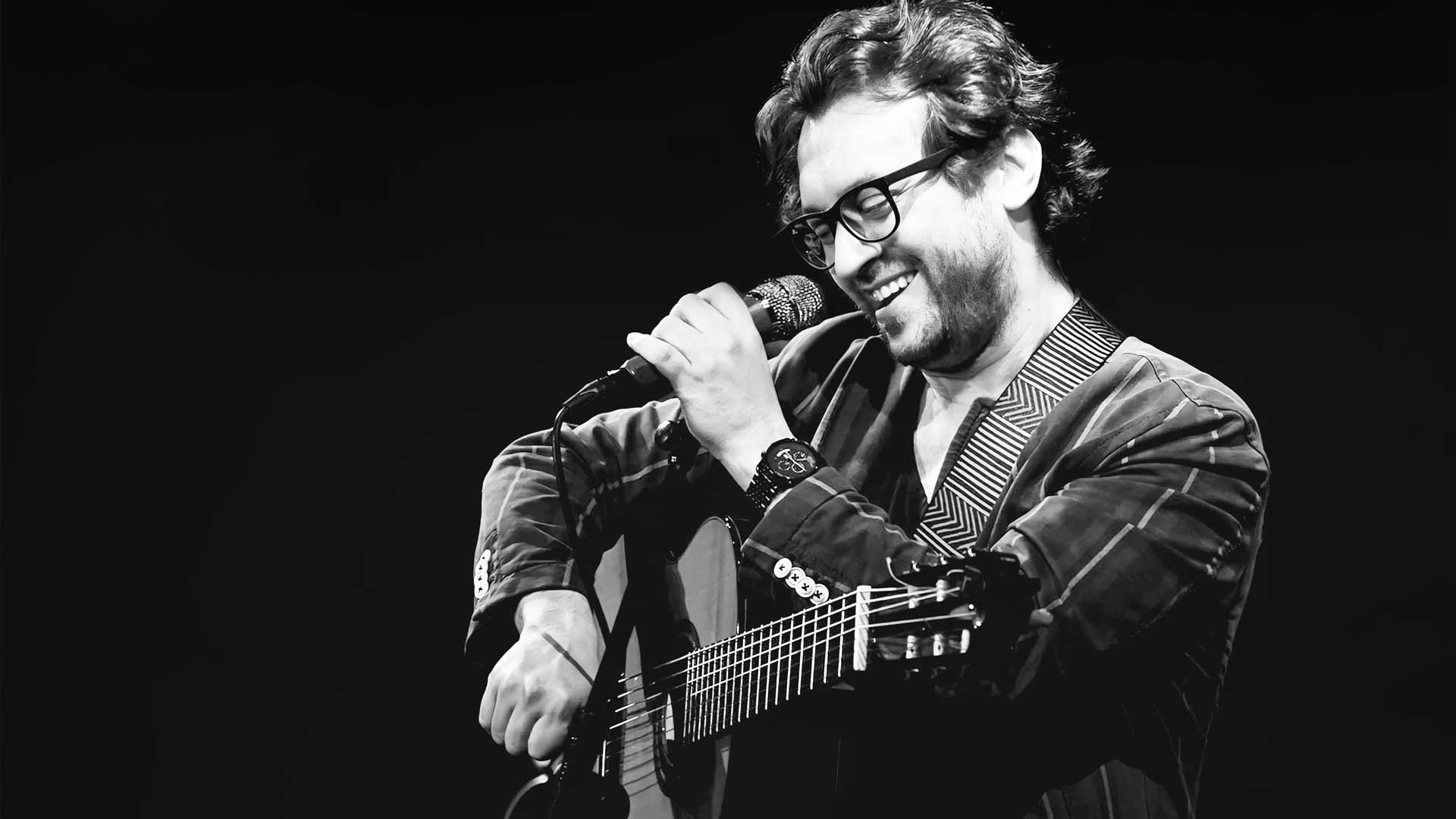

Brazilian Twist
 MOB Cafe MENU
MOB Cafe MENU
Open for Dinner at 5:00 pm
The Show… Happy Mother’s Day
Duo performance in which Mario Bakuna invites Jeff Fafard to present the repertoire of the album ‘Where Rio de Janeiro Meets Bahia’, recorded in Paris, which brings together the Afro-Brazilian rhythms of the Recôncavo Baiano and the charm and subtlety of Bossa Nova. The show is a trip to Rio de Janeiro, cradle of Bossa Nova, and to Bahia, the city that best represents the powerful African influence in Brazilian music. The concert integrates the rhythmic roots of Brazilian music and its sophisticated harmonies in a beautiful duo show that celebrates great Brazilian composers such as Dorival Caymmi and Tom Jobim. Mario promises to transport the audience to a place where the real and the imaginary are experienced and enhanced by poetry and music.
Jeff Fafard on percussion
About Mario Bakuna:
Mario Bakuna is a London-based Brazilian composer, arranger, singer and guitar player, with twenty years of professional experience. A graduate of the Free University of Music in Sao Paulo, Brazil, he studied with musicians such as Olmir Stocker, Roberto Sion and Roberto Bomilcar (pianist who played with Frank Sinatra during his visit to Brazil). In Brazil, Mario Bakuna has played alongside the trombonist Itacir Bocato, guitarist Renato Consorte, and pianist Nelson Aires, just to name a few.
His study focuses on the development of a music repertoire inspired by the greats of Afro-Brazilian Music, Samba, Jazz and Bossa Nova. In addition to developing new arrangements of music by enshrined Brazilian artists such as Tom Jobim, Dorival Caymmi, Paulo Moura, and João Donato, in recent years he has been working on reinterpretations of Samba Jazz – musical genre that emerged in Rio de Janeiro in the 1950s and was led by musicians like Luiz Eça, Tamba Trio, and Edson Machado. Their repertoire was based on Brazilian Standards with more sophisticated harmonies inspired by the Post-Bossa Nova movement.
Since settling in London Mario Bakuna became one the most prominent names and a reference of Brazilian Music in England. Mario widely performs in Europe at distinguished stages together with artists such as Jean Toussaint, Liam Noble, Ricardo dos Santos, Edmundo Carneiro, Cacau Queiroz, Alain Jean Marie, Dudu Penz, and Filó Machado.
With sold-out shows and great feedback, his previous album “Where Rio de Janeiro Meets Bahia” and his new album “Brazilian Landscapes” toured 18 countries in Europe, Brazil, and Madagascar.
Quotes:
“Mario Bakuna, a sparkling guitarist, plays with palpable feeling – his virtuosic fluency on the fretboard is controlled and flourishes are perfectly placed. His voice has a texture like heavy cloth” – Songlines Magazine
“Mario Bakuna, a man who exudes music. (…) ‘vocals’ doesn’t begin to do him justice: his expressive range and the precision with which he was able to deploy it was truly the band’s fifth instrument. (…) And he did this while playing guitar with precision and finesse. (…) his solos were a further source of amazement, his technique somewhere between finger-picking style and classical. His solo introduction to a Baden Powell number made a hash of any attempt at a definition.” – The Whitman Review, Wakefield Jazz